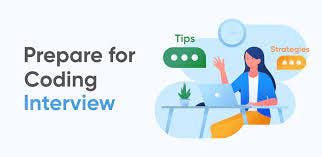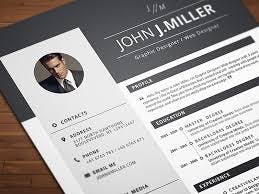Hello my beautiful people on the internet, How are you doing today? In this article, I will shed light on some points which are going to help you get a coding interview.

Preparing for a coding interview is as important as the interview in itself. As such, it requires proper planning. You will need the right experience, carry out# mini projects to solidify your understanding of key concepts, find internships, get recommendations and a lot more things. In this article, I will shed light on some points which are going to help you achieve a seamless coding interview experience. Below are some of the basic tips that will be helpful in getting that dream coding job you desire. Below are some of the basic tips that will be helpful in getting that dream coding job you desire.

1. CREATING A GOODRESUME

Most IT companies do not go through the stress of going through your resume. Your resume will pass through an initial screening of an applicant tracking system (ATS) that is programmed to match keywords from the job description. Your resume should contain only information relevant to the job description. Do not make the mistake of assuming that your past roles and responsibilities are exactly what your future employee is looking for. Review the job description and highlight the most common responsibility, skills and qualification required. Then, you can create a resume that fits into that job description. In your employment history or past projects description, try to show what you did, how you did it, and the solutions you were able to proffer to the problems you encountered.
2. CREATING A GOOD LINKEDIN PROFILE

Create a good LinkedIn profile that can easily be found by recruiters. Put in relevant skills and keywords in your headline so that LinkedIn’s search software ranks your profile high for recruiter searches. Try to use your LinkedIn profile to tell a short story that can make you stand out from the crowd. Sometimes, recruiters reach out to people whose profile fits the job so you don’t necessarily have to be the one to apply for the job because your profile has already put you in limelight.
3. CREATING A PORTFOLIO FOR YOURSELF

Have a portfolio that can tell more important information about you that might not be present in your resume. i.e., links to your past projects, link to your GitHub repository etc. Do not spend too much energy on your portfolio as recruiters do not pick you based on how beautiful your portfolio looks. The it as more or less a backup that contains more information about you that might be of interest to the recruiter.
4. NETWORKING

Networking plays a major role while searching for any job, so you should make sure to expand your network on LinkedIn. Target 5-10 companies you want to work for (and not just applying to any company at random like a try your luck game), go to LinkedIn and try to reach out to senior Managers/Engineers/Directors who work there telling them directly why you should be hired, stay in touch with them every now and then (staying in touch means offering value to your network. It’s not” Hi”, “Hello”, “How are you?”) as most of them are too busy to be exchanging pleasantries with you. Also, learn how to communicate effectively to your recruiters – often times, all they want to see is how effectively you can communicate by selling yourself to them.
Wow, I am glad you made it to the end of the article. If you enjoyed this article and found it helpful, I would like to connect with you.
Let’s connect on
Twitter @son_ofzion
LinkedIn @sonofzion